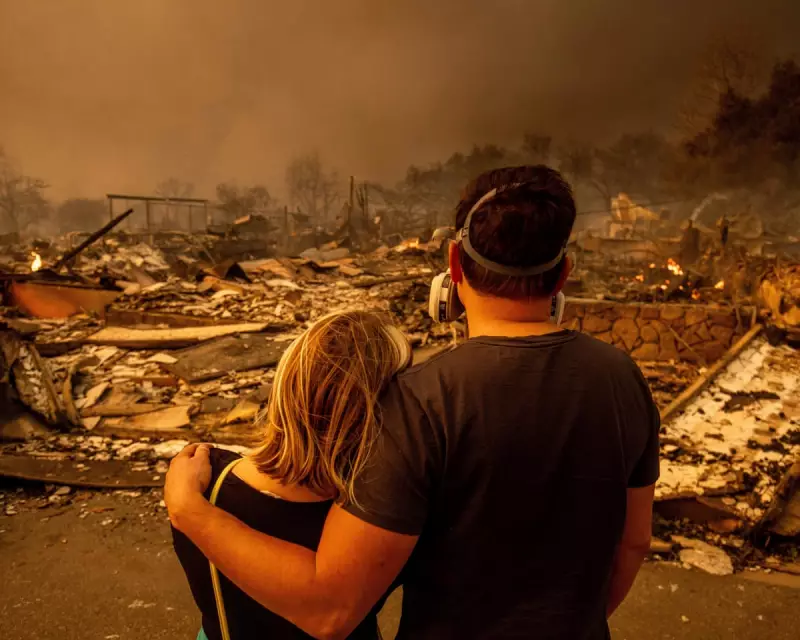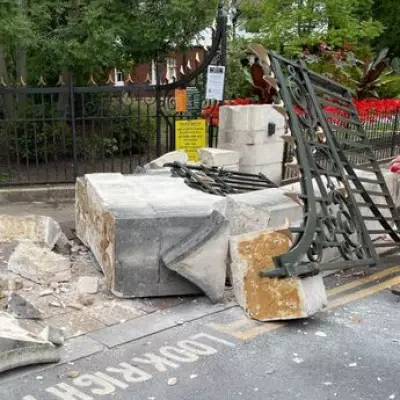
In what climate experts are calling a potential game-changer for global environmental efforts, Brazil is spearheading a dramatic push to reinstate the Paris Agreement's crucial 1.5°C warming limit at upcoming international talks.
A Presidential U-Turn with Global Implications
President Luiz Inácio Lula da Silva's administration is working tirelessly behind the scenes to restore the ambitious climate goal that faced significant challenges during recent negotiations. This represents a remarkable reversal from the environmental policies of his predecessor, Jair Bolsonaro, whose tenure saw devastating deforestation rates in the Amazon.
The timing couldn't be more critical. With Brazil set to host the COP30 climate summit in 2025 in Belém, the nation is positioning itself as a renewed leader in the fight against climate change.
Why the 1.5°C Target Matters More Than Ever
The difference between 1.5°C and 2°C of warming represents a climate chasm with profound consequences:
- Coral reefs would decline by 70-90% at 1.5°C, but virtually all would be lost at 2°C
- Arctic sea ice would disappear completely during summer months once per century at 1.5°C, but once per decade at 2°C
- Extreme heat events would affect 14% of the population at 1.5°C, but 37% at 2°C
The Amazon's Crucial Role in Climate Stability
Brazil's renewed commitment carries particular weight given the Amazon rainforest's vital function as a global carbon sink. Under Bolsonaro, deforestation reached alarming levels, threatening not only biodiversity but the rainforest's ability to absorb atmospheric carbon.
Environmental advocates are cautiously optimistic about Lula's efforts to reverse this trend while simultaneously championing the reinstatement of ambitious global targets.
The success of Brazil's diplomatic push could determine whether the world maintains a realistic pathway to avoiding the worst impacts of climate change, or faces increasingly severe environmental consequences.





